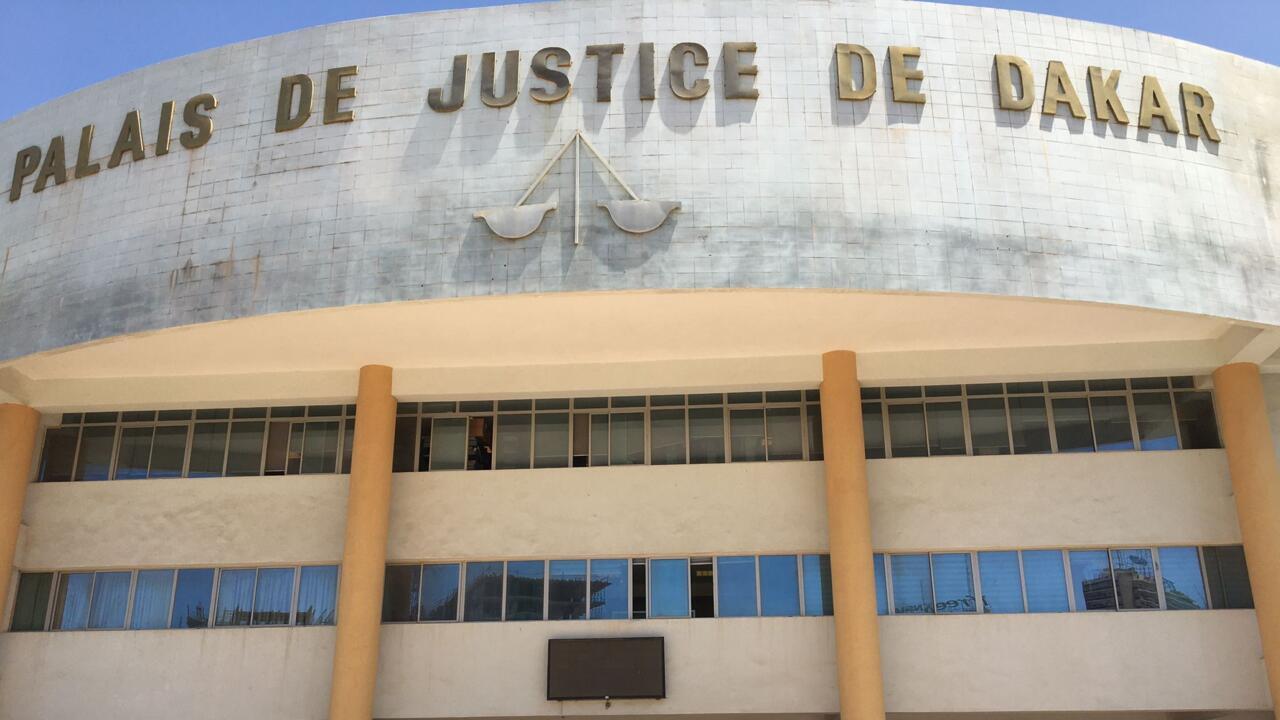Gambiaj.com – (Dakar, Senegal) – In a fiery courtroom exchange that underscored growing tensions between the judiciary and civil society, a Senegalese judge presiding over the trial of French teacher Djiby Ndiaye delivered a stinging rebuke against what he described as an alarming erosion of respect for the justice system in Senegal.
Ndiaye, a teacher at Lycée Delafosse and founder of the Rassemblement des Travailleurs du Sénégal (RTS), appeared before the Dakar flagrante delicto tribunal on Wednesday, July 16, facing multiple charges: disseminating false information, organizing an unauthorized gathering, and insulting a magistrate.
His remarks during a recent protest — particularly those directed at public prosecutor Ibrahima Ndoye, whom he branded the “Prosecutor of Sonko” — became central to the proceedings.
But beyond the legal details of the case, the trial became a platform for a broader judicial reckoning. Visibly exasperated, the presiding judge chastised Ndiaye not only for his rhetoric but also for what he considered a dangerous normalization of verbal attacks against judicial officials.
“You’ve crossed the red line,” the judge said bluntly. “It would have been less offensive to insult his mother than to say the things you said.”
He accused Ndiaye of undermining the dignity of the judiciary at a time when judges and prosecutors are working tirelessly to maintain Senegal’s stability.
“S’il vous plaît, respectez-nous,” he implored. “You have no idea what we magistrates — and this prosecutor whom you attack — endure for the stability of this country.”
In a pointed attempt to dispel any assumptions of political bias, the judge referenced his own professional origins: “My magistrate diploma was issued under President Abdou Diouf — he’s no longer here. Leave the prosecutors alone.”
His parting words were laced with frustration and concern for the institution he represents: “Today it’s the prosecutor; tomorrow it will be us, the magistrates.”
The judge’s remarks reflect a judiciary increasingly caught in the crossfire of Senegal’s polarized political discourse, particularly in the wake of anti-government protests and widespread criticism of the country’s legal apparatus.
Ndiaye’s case, which stems from a politically charged rally and was backed by a video showing his denunciation of the country’s democratic and judicial integrity, has quickly evolved into a flashpoint in the ongoing national debate about free expression, justice, and institutional legitimacy.
Ndiaye’s defense attorneys, acknowledging the emotional charge of their client’s remarks, appealed for leniency, describing him as a “disappointed man” who experienced “a lapse in judgment.” Still, he faces up to one year in prison and a fine of 500,000 CFA francs.
The verdict is scheduled to be delivered on July 23.
As the case awaits its conclusion, the judge’s sharp words serve as a warning and a plea — that in a country striving for stability and democracy, the integrity of its judiciary cannot become collateral damage in political and social unrest.










